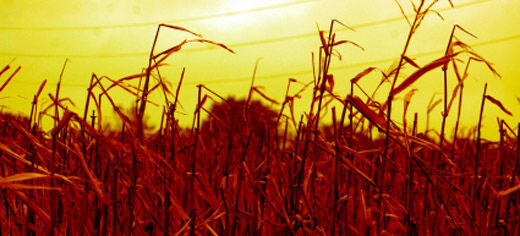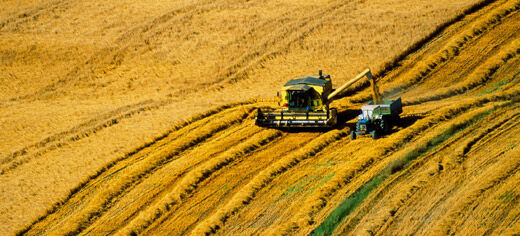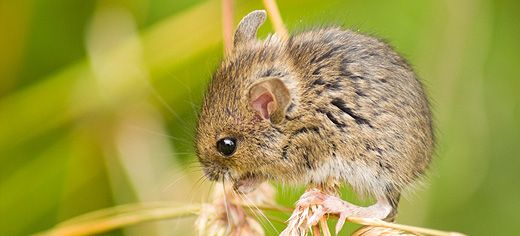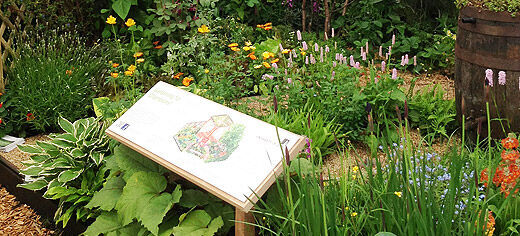
£11 million funding for doctoral training partnership for biological scientists
A consortium of Yorkshire universities has been chosen to help spearhead the training of the next generation of biological scientists.

A consortium of Yorkshire universities has been chosen to help spearhead the training of the next generation of biological scientists.

Declines in populations of pollinators, such as bees and wasps, may be a key threat to nutrition in some of the most poorly fed parts of the globe, according to new research.

Scientists have announced the findings of the first study on the connection between the El Niño and global crop yield fluctuations, providing a new tool for adapting food security to climate change.

A study led by the University of Leeds has shown that global warming of only 2°C will be detrimental to crops in temperate and tropical regions, with reduced yields from the 2030s onwards.

Climate models can help predict some crop failures several months before harvest, according to a new study.

Increasingly hot summer weather could cause a fall in crop yields over the next two decades unless farming techniques are improved more quickly, scientists at the University have found.

Research released today shows that within the next 10 years large parts of Asia can expect increased risk of more severe droughts, which will impact regional and possibly even global food security.

A larger-scale approach to sustainable farming could be more beneficial for wildlife than our current system of farm-based payments, according to University of Leeds researchers.

The University of Leeds has scooped Gold at the RHS Chelsea Flower Show today (22 May) with its first exhibit at the prestigious event.

Man-made air pollution from North America causes Europe to lose 1.2 million tonnes of wheat a year, a new study has found.